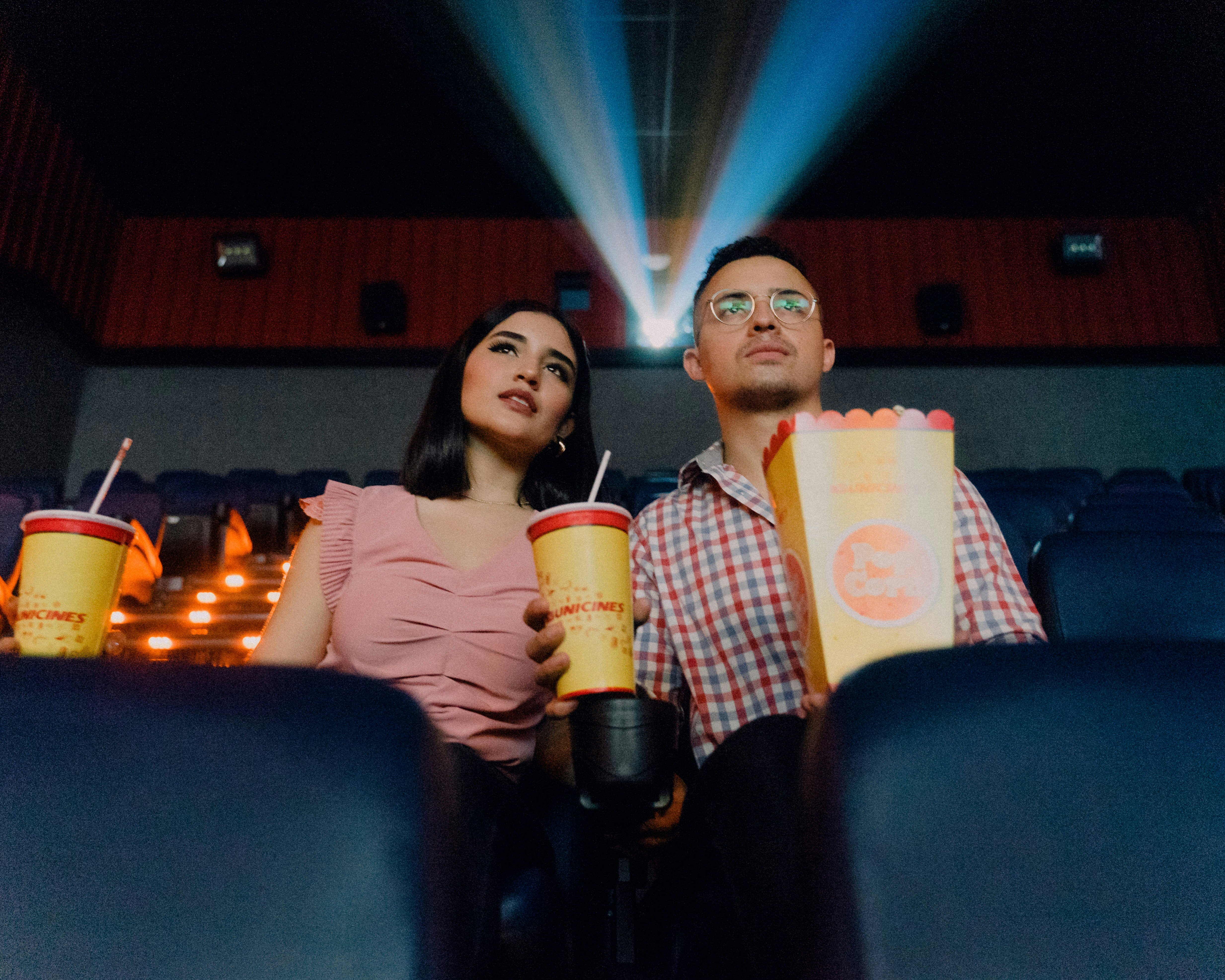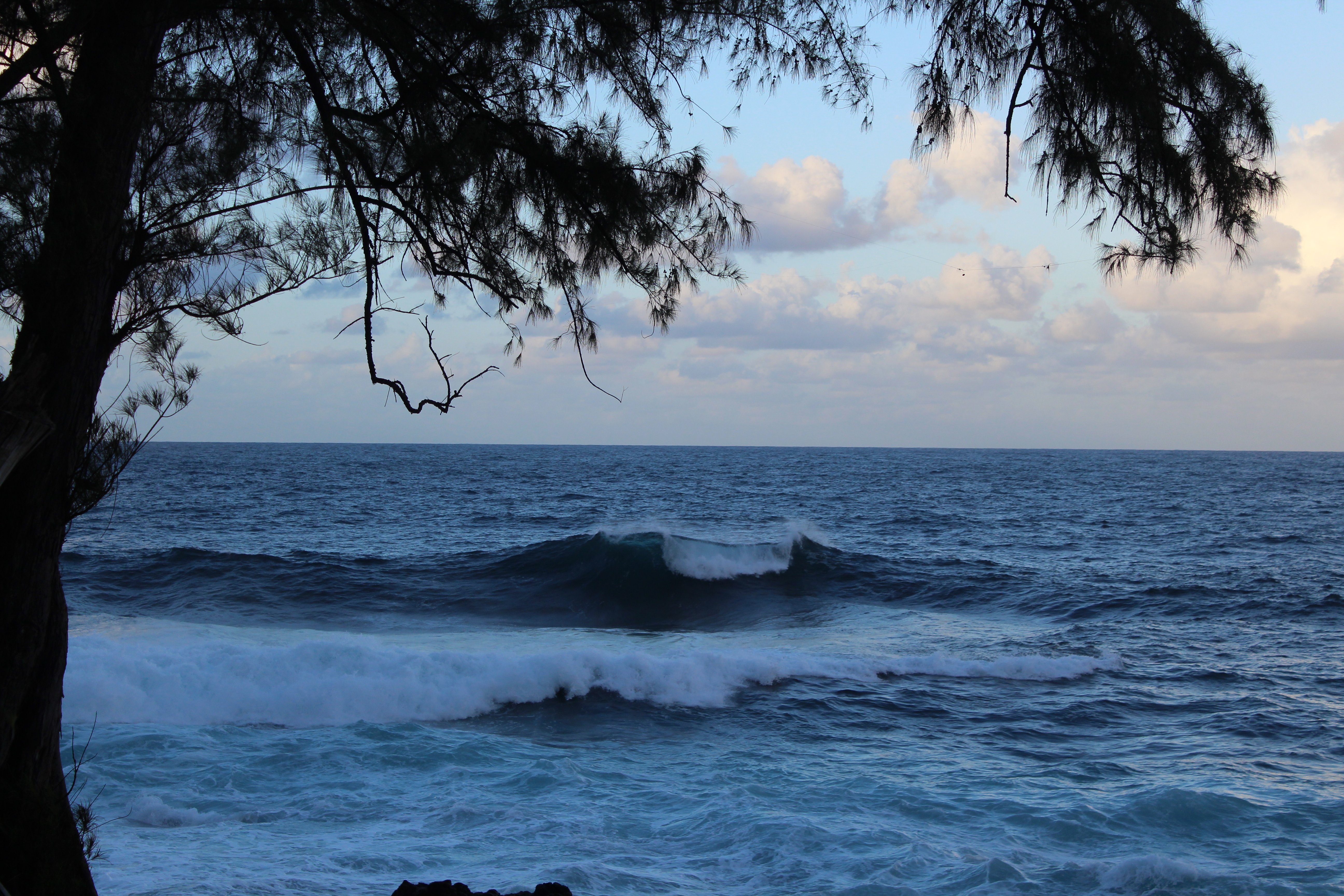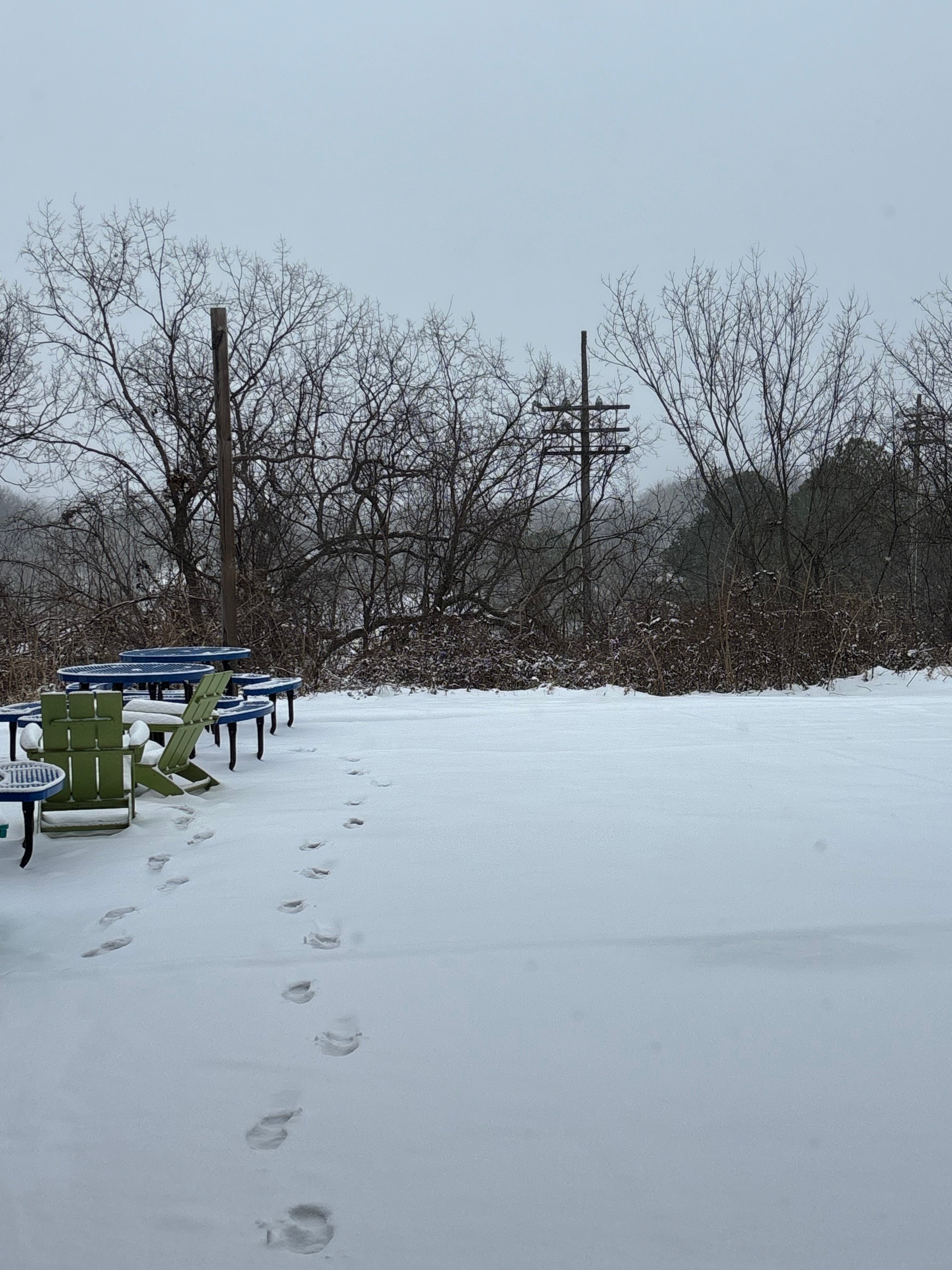On April 17, Florida State University in Tallahassee became the scene of a tragedy when a gunman opened fire near the student union, killing two people and wounding six others. The shooting triggered an hours-long lockdown across campus as law enforcement responded to neutralize the threat.
The attack turned a normal Thursday into chaos for students like Josh Jontiff, who recalled how projector screens in his calculus class flashed warnings about an active shooter.
"We all filed to one side of the room and turned the lights off," Jontiff said.
Police officers later evacuated his group, having them walk out with their hands on their heads.
"It was a very scary situation. I tried to keep calm and keep others around me calm,” Jontiff said.
Student Piper Greisl — who published an essay with The Tallahassee Democrat recounting her disturbing experience during the event — described spending two hours in a barricaded room with approximately 25 others huddled against the walls while she, her professor and four other students stood ready with metal water bottles, trying to decipher sounds from outside.
"We were scared, we were anxious, and we wanted to survive," Greisl wrote.
One victim, 23-year-old Madison Askins, later described how she pretended to be dead to avoid being shot again after being injured.
Costa Rican professor Christopher Solís recounted his experience during the shooting in an interview with Costa Rican news anchor Telenoticias.
"I heard multiple people running in panic. I asked one of the students what was going on, and they told me there was a shooting,” Solís said. “In that moment, I decided to run back to the lab to tell my colleagues what was going on. Shortly after, we received the alerts via the university's emergency system. In one instance, I remember being able to hear at least three gunshots from afar, followed by a lot of police sirens and even a helicopter. It was around 3:18 pm that an alert was issued that informed us that we were safe from the threat."
The suspect, identified as 20-year-old Phoenix Ikner, reportedly waited for an hour in an FSU parking garage before opening fire at the Student Union at 11:50 a.m. The university sent out an alert to students and faculty at 12:01 p.m. as law enforcement quickly descended on the campus.
Ikner, a junior political science major who had transferred to FSU from Tallahassee State College, is the stepson of Leon County Sheriff's Deputy Jessica Ikner.
According to Sheriff Walter McNeil, the suspect used his stepmother's former service weapon in the attack and was found with both a handgun and a shotgun. Ikner had been a "long-standing member" of the Leon County Sheriff's Office's Youth Advisory Council and had been "steeped in the Leon County Sheriff's Office family.”
Law enforcement officers shot and wounded Ikner during the response. He was hospitalized with non-life-threatening injuries and taken into custody. Authorities believe he acted alone.
Among those killed were Robert Morales, 57, who helped run campus dining services and was known for developing innovative menus. Morales was also an assistant football coach at nearby Leon High School. The second victim was identified as Tiru Chabba, 45, a married father of two from Greenville, S.C., who worked for a food service vendor.
All six injured victims are expected to make full recoveries, according to medical staff at Tallahassee Memorial HealthCare.
The tragic shooting occurred during the final week of classes before finals, forcing the university to make difficult decisions about how to proceed. Initially, FSU President Richard McCullough announced that classes would resume on Monday, just four days after the shooting. This announcement sparked immediate backlash from the FSU community.
A petition demanding remote learning options garnered over 1,300 signatures.
"We as students feel that this is completely inappropriate and insensitive. Three days is not nearly enough time for anyone to process through what took place," petition organizer Celina Westerberg said.
In response to the outcry, McCullough revised the university's stance on Saturday night, announcing that while classes would resume as scheduled on Monday, remote options would be available for many courses and attendance policies would be waived for students who weren't ready to return to campus. Many professors also offered to freeze grades and make finals optional, ensuring that any work completed after the shooting could only improve students' grades.
When classes resumed on Monday, McCullough was present on campus to greet and comfort returning students.
"It's emotional," McCullough said. "Students are doing fine. Everybody I've talked to, they seem to be doing fine. They don't seem to be scared, which is good. But, you know, still, still reeling and emotional from what happened."
Regardless of the uproar, McCullough continued to defend the decision to resume classes.
"Having classes today was the right thing to do. A lot of the seniors told me that they would have felt very bad if we would have not had the option of them coming back, because it would have been the shooting and then graduation," he said.
In the aftermath of the shooting, the FSU community came together in mourning. Students and staff returned to campus on Friday to retrieve belongings left behind during the evacuation. A steady stream of people brought flowers, balloons, teddy bears and candles to a memorial near the student union. Three members of the FSU women's volleyball team held hands in a brief prayer circle at the site.
A vigil held Friday afternoon drew thousands to honor the victims, with McCullough calling for a moment of silence.
"These have been some of the hardest days that Florida State University has ever faced," McCullough said. "This terrible act of violence shook our community. This kind of tragedy shouldn't happen. Not here. Not anywhere. We are heartbroken."
The shooting at FSU marks Florida's sixth mass shooting in 2025 and the 81st nationwide, according to the Gun Violence Archive. For some FSU students who previously survived the 2018 Marjory Stoneman Douglas High School massacre in Parkland, this marked their second experience with school gun violence.
“This is a normal thing for us, but it shouldn’t be,” said student Reid Seybold, who texted loved ones “I love you” and “I may never see you again” during the lockdown.
“This was already something that I thought of — am I safe where I am? But now I’m doing it everywhere. I’m looking over my shoulder at every point. Everywhere I’m at is a threat assessment now.”
Photo courtesy of Kaboompics.com on Pexels

Celeste Masis
Celeste is a student at John Brown University.





